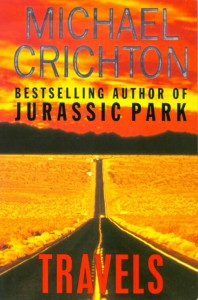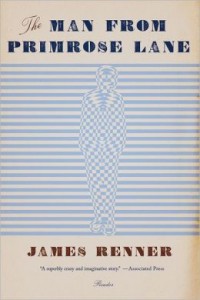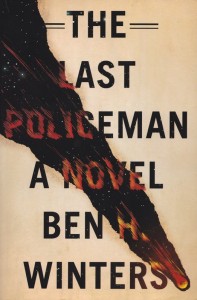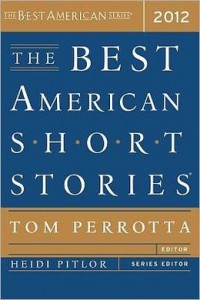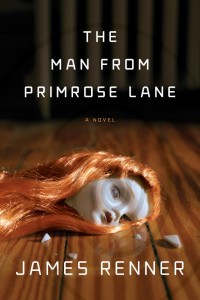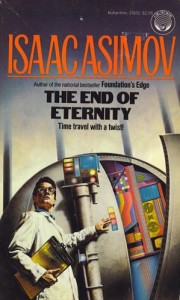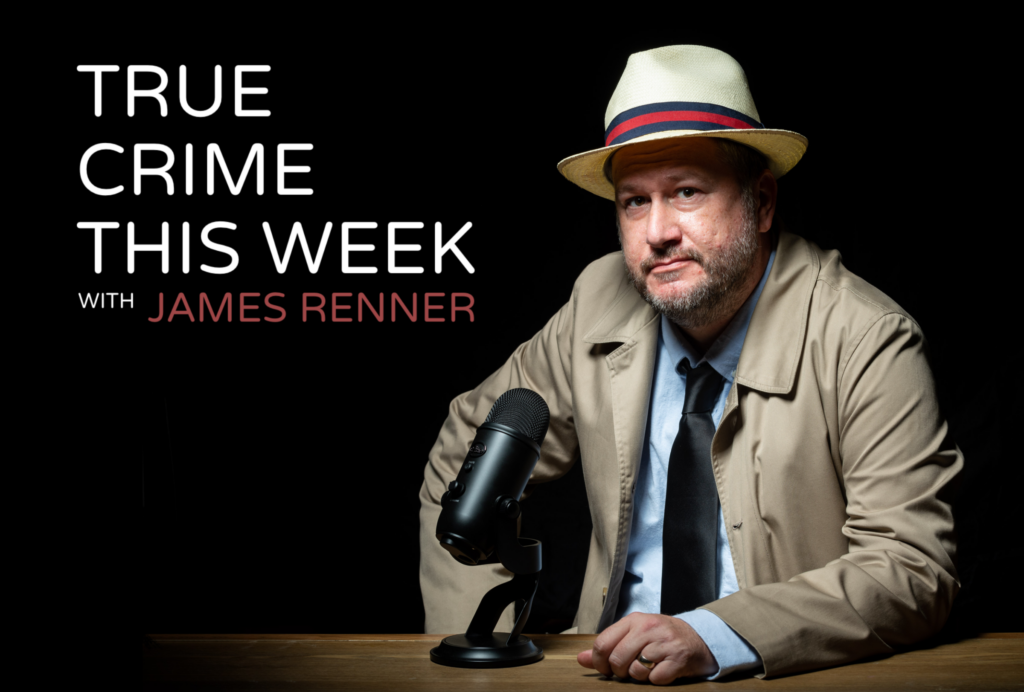 I wish I had that luxury.
I wish I had that luxury.
That’s what I tell people now, when they ask me if I’m an atheist. I don’t mean it to sound condescending or flippant. I really do wish I had the luxury of doubt that atheists have. I wish I could forget what I experienced in Key West in 2008.
I’m a journalist. My purview is true crime. I’ve written several articles on unsolved murders, met with Death Row inmates, spoken to families of missing women. The story I’ve spent the most time on is the unsolved abduction and murder of Amy Mihaljevic. She was ten years old, my age, when a well-dressed man took her from the Bay Village shopping plaza on October 27, 1989. Her body was found a couple months later in an old wheat field in Ashland County.
Over the years, the FBI has compiled a “Top 25” list of suspects in the case, many of whom I’ve interviewed by now. In 2008, I learned of a man named Dean Runkle, who was once a teacher in the small Cleveland suburb of Amherst. On that Top 25 list, he would be the man at the top.
Runkle is an interesting suspect for many reasons. At the time of Amy’s abduction, he lived two roads away from where her body was found. He was driving the same make and model of Pontiac sedan that took Amy away. A witness to the abduction picked him out of a lineup of 30 people. We know he had an inappropriate relationship with one of his middle school students. By the time he appeared on my radar, he had quit teaching and had fled to Key West, where he lived in a homeless shelter for a few months before finding a minimum wage job.
Compelled to meet every suspect in the case, I flew to Miami on my own dime. I rented a car and drove down through the Keys. When I got there, late that first night, I stopped at the Wendy’s on the north side of the island. Back in Amherst, Wendy’s was where Runkle liked to take his “special” students after school. I figured it was worth checking out.
That was the first time I heard the voice.
It announced itself like a thought, like the voice of my conscience. What are you doing here? You’re wasting your time. What are you doing in Florida while your little boy is home without a father?
I took it as doubt. My own doubt. A bit of myself questioning whether coming to Florida was a good idea. But we know the sound of our own conscience, don’t we? This sounded different. Angry. Mean.
You think you’ll just walk in and find him at Wendy’s? The first place you stop? You’re pathetic. You’re wasting your time.
Still, full of these doubtful thoughts, I did go in. I looked for him in the crowds, eating dinner, but he wasn’t there. I returned to the car and the voice was gone.
I spent the next day searching for Runkle. I showed his photograph to people along the main road near Hemmingway’s old house. Some people recognized him as the old man who sometimes played ragtime piano at the corner bar. Yes, that’s him. Runkle had a piano at the school in Amherst and sometimes played ragtime for the kids. He kept the piano not too far from the cot he had set up in the closet off his classroom.
I knew I was close. But nobody had seen Runkle lately. And nobody knew where on the island he lived.
Finally, I visited a church on the eastern side of the island. It was dinnertime and the deacon was serving food to a line of about fifty homeless people. I showed Runkle’s picture around. One man suggested I talk to a fellow named Mr. Frisby. “If anyone knows your guy, it’s Mr. Frisby. He’s been here forever.”
They called him Mr. Frisby because he was always on the beach, tossing a Frisby to himself. That’s where I found him. “Do you know this man?” I asked.
“Sure,” said Mr. Frisby. “That’s my buddy Dean. He used to look out for me. Good guy.”
“Do you know where he is?”
“Probably at work.”
“Where’s he work?”
“Wendy’s.”
The voice returned as I neared the Wendy’s. Louder this time, almost as if it was an AM radio broadcast and my mind was the tuner and we’d just come through a tunnel.
Leave him alone. Go back to your family. Dean didn’t do it. You’re wasting your time.
This time I went straight to the register. “Is Dean Runkle here?” I asked.
“He should be,” the woman behind the counter said. “He’s the manager. But he called in sick, today. First time in like ever.”
“I’m an old friend from Amherst,” I said. “Can you tell me where he lives?”
She went to check his work documents. No luck. “He never put an address on his paperwork,” she said. “But I think he lives somewhere on the Northeastern corner of the island.”
I drove that way. But time had become an issue and there was just too much island to search. If I didn’t leave for Miami in the next thirty minutes, I would miss my flight home. Despondent, I pulled up to a stop sign and parked the car for a moment.
For the first time in many years, I sent a message out to the universe. Call it a cry for help. Call it a prayer, because that’s what it was. Help me, I asked. If I’m supposed to meet this guy, help me. Amy, if you’re listening…
At that moment, Dean Runkle walked in front of my car.
I pulled through the stop sign and parked on the curb. I jumped out of the car and yelled, “Hey Dean!” He stopped and turned and I jogged over to him. There on the street corner we spoke for several minutes and he told me some things that only implicated himself more in the murder of that little girl. Eventually, he ended the conversation and walked away. But I managed to get a picture of him. I needed that picture. Because… who the hell would ever believe that story when I got home?
I’m a smart guy. I’ve written some books. I believe in evolution. I’ve studied physics. I respect a few great scientists who are vocal atheists. They are the men who say, condescendingly, “What is your proof? Show me some proof that there is a God.”
Be careful what you wish for, is what I think.
I’ve experienced proof of the power of prayer. And that voice that turned on like a radio broadcast at Wendy’s… That teasing, degrading voice. I’d like to doubt that, I really would. I don’t want to believe that demons are real.
This is a story I’ve told a few times over the years but never published. I guess I feared what it would do to my credibility as a journalist. Or what my atheist friends might think of me. I know it sounds crazy.
But it happened. It happened just like that.
As far as a specific religion, I believe there is truth in Judaism, Islam, and Christianity. In Buddhism. In just about anything outside Scientology. Probably everybody got a piece of it right. I take my son to Christian Sunday School because I’ve benefitted from enough grace to believe that the young carpenter from Nazareth was a little more than human.
All I know for sure is that there is more going on than science alone can explain. It’s only called Faith when there is no proof so I don’t know what I’d call it. But I do know there is something… more.
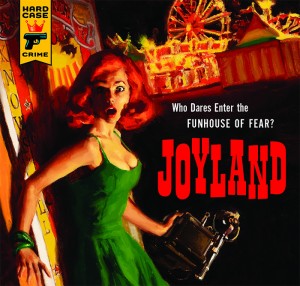 Ever since completing the Dark Tower saga, I get a sense that Uncle Steve is just having fun. His post-Tower books stand on their own the way his early books did. They are less referential, less meta, more earnest. It’s like watching a music legend walk into a corner pub and start twinkling the keys because, hell, he wants to.
Ever since completing the Dark Tower saga, I get a sense that Uncle Steve is just having fun. His post-Tower books stand on their own the way his early books did. They are less referential, less meta, more earnest. It’s like watching a music legend walk into a corner pub and start twinkling the keys because, hell, he wants to.